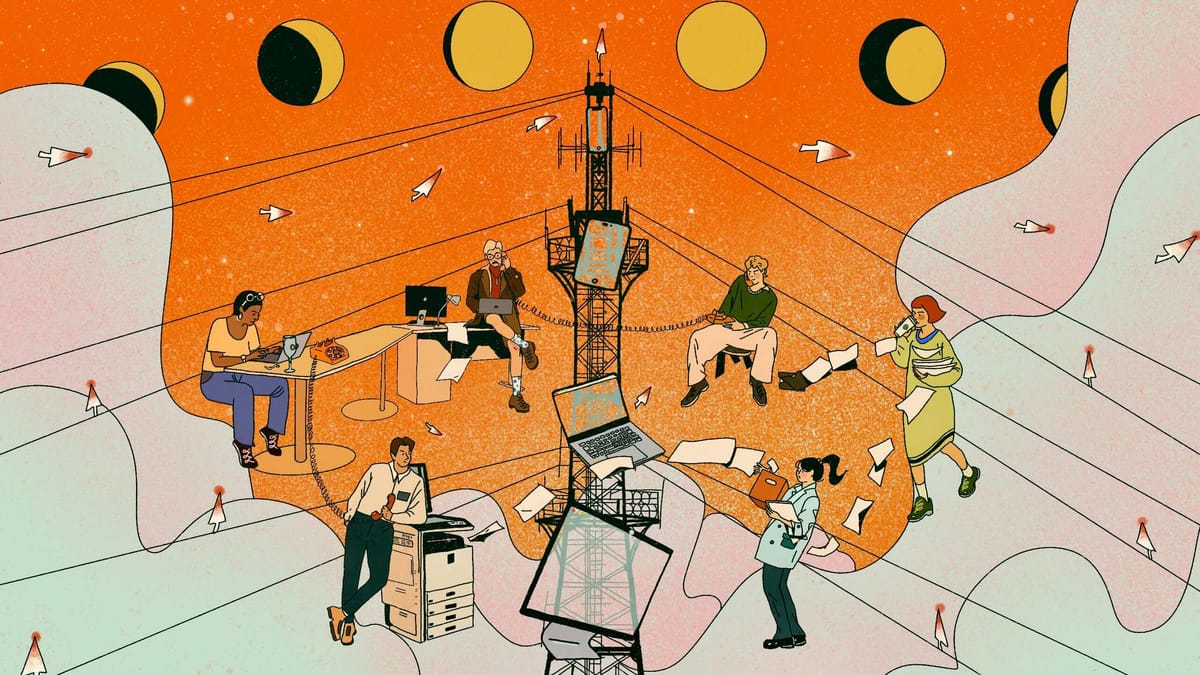Staying ahead of the AI curve: six ways workers can future-proof their careers
"The people who will lead tomorrow aren’t those who fear machines, but those who learn alongside them."

Like it or not, the arrival of GPT-5 has left many people fearing for their jobs. We have far exceeded the point where LLMs, automation and machine learning are reshaping business operations and have entered the unknown.
In my opinion, people shouldn’t be scared of advances in innovation - they should be asking what AI can do for them. At BlinqIO, we build AI-native testing platforms that help teams adapt faster. But as a serial entrepreneur who has navigated several tech tsunamis, I have found that those who thrive in disruptive eras aren't always the most technical, but rather the most adaptable.
Workers shouldn’t be afraid of AI: they should focus on how they can utilise it. Whether you’re in tech, finance, marketing, or any field inbetween, here are some tips for keeping up the pace with AI.
1. Be curious, not defensive
Curiosity never killed the cat. Today’s workers need to be AI-aware and learn ways of embracing and keeping pace with the technology. When ChatGPT first launched, people were awestruck but worried. Trust me when I say that resisting change only puts you further behind. I would advise everyone to try use cases within their workflow. Don’t be afraid to explore how AI can help free you up to focus on the more important work.
2. Understand the basics of AI - even if you’re not technical
You don’t need to be a scientist to use AI effectively, but you do need to understand how it functions. Workers should focus their energy on learning about neural networks, transformers, or prompt engineering. There are many free resources available, including DeepLearning.AI’s short courses or the Khan Academy’s AI modules. These are a great place to start.
3. Integrate AI into your daily work
With AI moving at such a rapid pace I would recommend workers start experimenting with it now. Why not try using AI for note-taking, summarising documents, prototyping ideas, or accelerating your research efforts? These aren’t gimmicks, rather efficiency multipliers.
READ MORE: Which jobs are safe from AI? OpenAI boss Sam Altman shares a rare sunbeam of optimism

4. Adopt a lifelong learner mindset
Workers need to ensure their careers are in constant iteration. My advice would be to subscribe to AI newsletters, join webinars and do courses. Tech will keep moving and evolving. With that, so should your learning habits.
5. Break silos, build bridges
AI impacts every aspect of business, from marketing to product to HR and ops. I firmly believe that the most effective organisations are those where there is shared knowledge of AI. Therefore, it makes sense to encourage teams to work in a cross-functional manner.
6. Invest in your own human soft skills
Human soft skills are becoming the most sought-after. Things like creativity, empathy, judgement and leadership are going to become more valuable than ever. Ironically, the rise of AI is making these capabilities more essential. Cultivating them is how you stay relevant and irreplaceable.
In conclusion, I believe we are entering an era where those who partner with AI will massively outperform those who don’t. The people who will lead tomorrow aren’t those who fear machines, but those who learn alongside them.
Tal Barmeir is Co-Founder at BlinqIO




